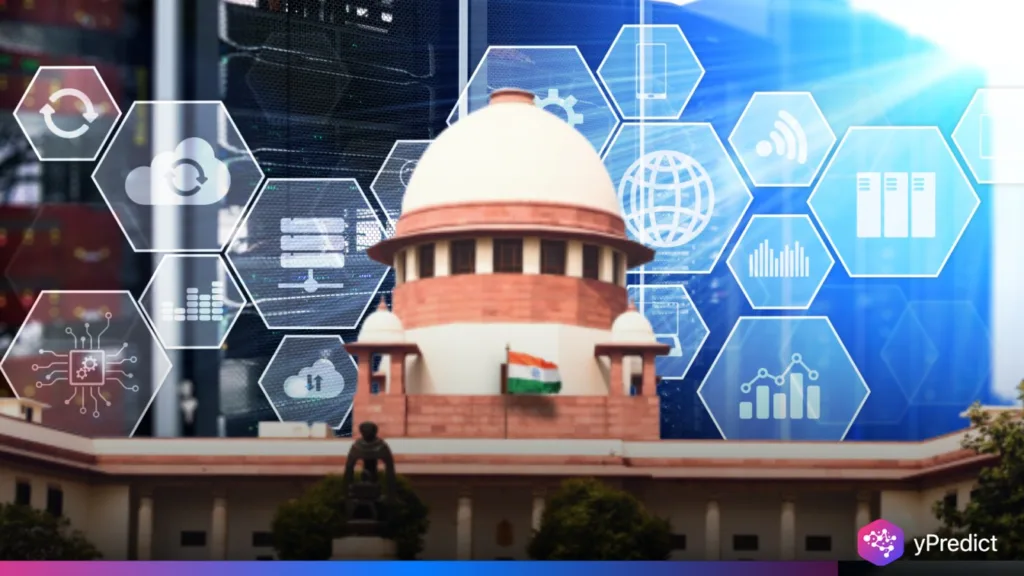
India’s backlog and snail justice. Earlier this week Shashi Tharoor flagged Singapore’s Lawnet, a novel ai legal research service, as an escape hatch prospect. Lawnet lets lawyers and judges ask questions in natural language and instantly get relevant responses from Singapore’s statutes and case law. With generative AI and NLP, the tool could cut legal research time by as much as 30%. For India — with its 50 million+ cases clogging the system — Tharoor says Lawnet could be a model to watch.
Lawnet’s case in India
Singapore’s Lawnet works because it makes legal research into a pragmatic, immediate exercise. Instead of pulling from pages and pages of paper, lawyers type in a query–for example, ‘What’s the statute of limitations on breach of contract’–and Lawnet scours statutes, opinions and legal journals to devolve the answer. This is a moon shot from the Indian standard, where checking precedent can still mean hours in libraries or on clunky online databases. The speed boost matters. In Singapore, early tests show Lawnet can make research 30% shorter. That’s hours that lawyers can spend really lawyering or helping clients.
Tharoor’s call peddles to a real aspiration. India’s courts have 44 million-plus cases pending with over half a million people languishing in jail as trials crawl. Too few judges and burdened courts are typically congested. The government’s e-Courts Project is attempting to digitize it, but it’s a glacial effort. Something along the lines of Lawnet, however, could be a game-changer. What if Indian judges could ask, “what’s the latest supreme court ruling on bail?” and receive a response within seconds. It would also help with scheduling—AI might predict how long cases will take based on historical data, so courts run more efficiently.
But Lawnet is also more than a time-saver. It could, maybe, also promote justice. Most Indians can’t withstand legal wars, and delays injure the poor most of all. If AI speeds research and slashes cost, we all might have a fair shot. Tharoor’s point isn’t just to clone Lawnet–it’s to imagine how India could use clever tools to fix a broken system.
The difficulties of porting Lawnet to India
Not everything that flies in Singapore will fly in India. Lawnet is constructed on the most firm of potential bases. Legislatively defined law, reliable structure and scanned courtroom dockets. Singapore started judcial reforms as early as the 90s, and their courts are fully digitized. India’s records are patchy and lots of courts are still paper-filed. To build something like Lawnet here, you’d need to digitize and tag millions of documents, train the AI on Indian laws in different languages and train lawyers how to use the new system. That’s going to cost some major scratch and years to accomplish.
There are deeper problems, too. India spends less than 1% on courts and yes, there is some corruption. If the AI tool targeted cash evaporates, or judges wimp out on platform, Lawnet could be another brilliant idea that never gets off the ground. The platform also needs fresh, trustworthy data–which India struggles to supply. Without data it couldn’t have worked, and Lawnet would return incorrect or incomplete answers.
Privacy is another worry. Singapore has strict data protection regulations, however, India’s upcoming data protection legislation is still in effect. If Lawnet has private case data, it could leak or be abused. India’s legal system is multi-lingual, which adds another twist. AI tool for India would need to understand Hindi, Tamil, Bengali and so on. To really pull all this off would require more than just tech, updates but new legislation and new training for everyone in the system.
Conclusion
Shashi Tharoor’s nudge to visit Singapore’s Lawnet is India’s justice system alarm clock. The promise of AI legal research is real—faster cases, less backlog, more justice closer to the people. But Lawnet is no miracle. India would have to digitalize, de-clog its court records, user-train its lawyers and have the right privacy regulations. The challenges are huge, as are the rewards. If India can solve these issues, Lawnet could well turn the courts from a backlog den to a beacon of hope.







